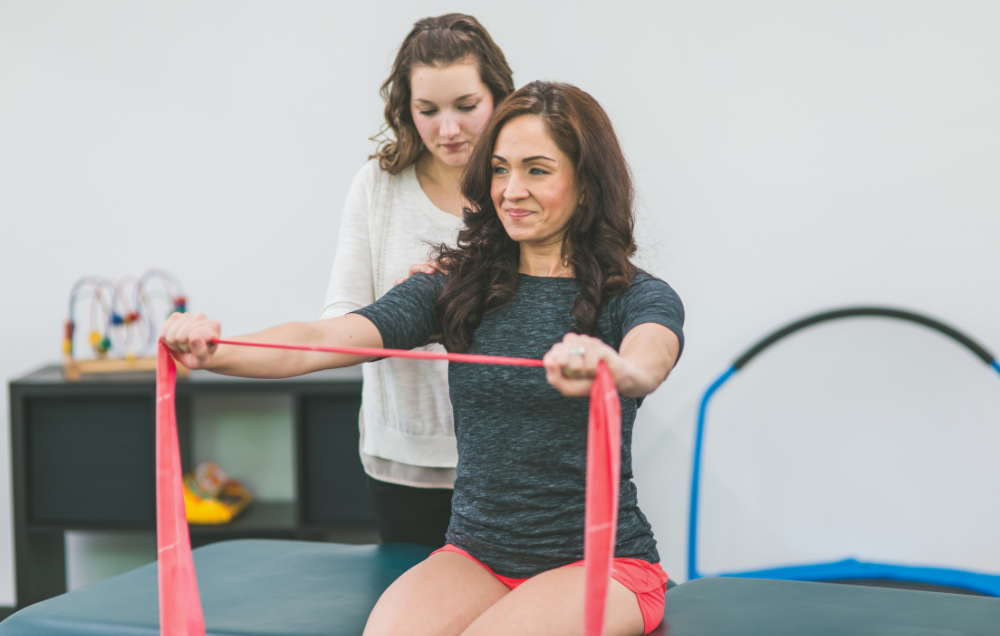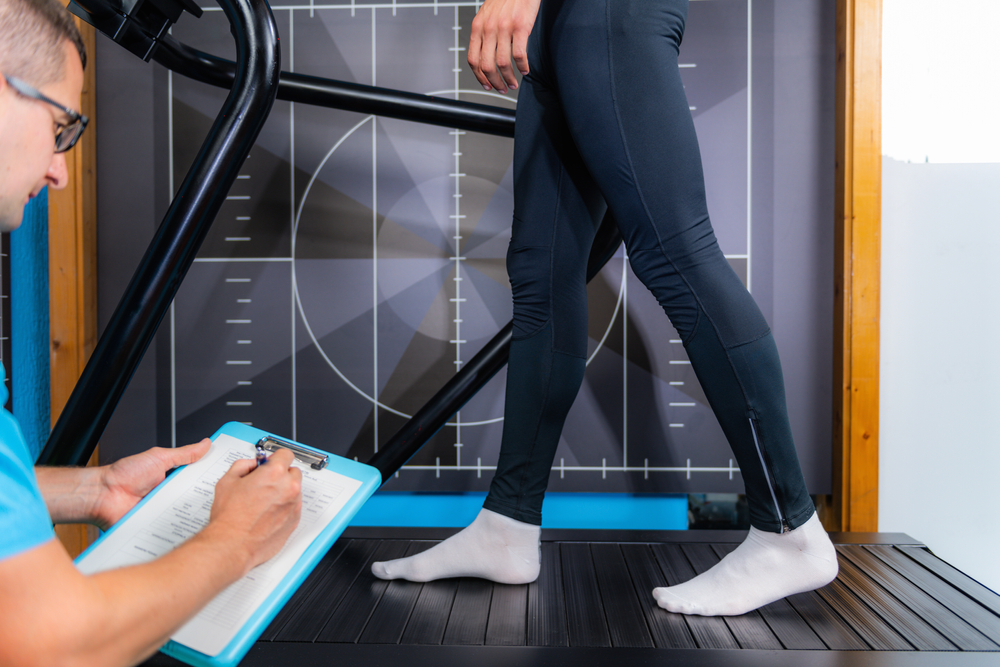Contents
Balance issues like vertigo are common: 20% to 30% of people experience vertigo symptoms at some point during their lives. Vertigo is a collection of symptoms that can feel like you are unstable, are spinning or are swaying side to side. These symptoms can lead to falls or accidents.
Vertigo and other balance issues can make everyday life difficult, as walking or even focusing on something can be harder to do. Vertigo is just one of many symptoms of balance issues. Constant dizziness is another symptom that can make doing anything more challenging. Falling or feeling as if you’re going to fall or staggering when you try to walk are also symptoms of balance issues. You may also experience lightheadedness, faintness, a floating sensation or blurred vision. All these symptoms can contribute to a sense of confusion or disorientation.
Balance issues can make getting out of bed difficult and make walking or moving challenging. They can lead to increased workplace accidents or a higher risk of falls and trips throughout daily life. Not only can they make life mentally challenging, they can also lead to physical safety risks and injuries.
What is balance physical therapy?
Balance physical therapy is where a specialist leads you through exercises and physical treatments to reduce the symptoms of balance issues and works to reduce the frequency and severity of falls or accidents. To reduce the frequency and severity of falls or accidents, a balance physical therapist will work with you to strengthen your core, back and leg muscles through exercise.
By strengthening those areas, your balance physical therapist is trying to increase your ability to control your body and also create cushioning through the development of muscle. This cushioning can be very helpful in case you fall. A fall can be less severe when you are able to control your body’s movements and rebalance yourself. Your therapist also wants to make falls less frequent through exercises that help improve spatial awareness and muscle to mind connections.
What are some symptoms balance physical therapy can treat?
Balance physical therapy doesn’t just work to help prevent falls and injuries. It also works to target the specific symptoms you’re feeling. Symptoms your balance PT plan can target include:
- Feeling like you are falling
When you increase the strength of the muscles in your core and legs, you stabilize your body. This can help reduce the feeling that you’re falling or are going to fall. As you gain muscle, a balance physical therapist will show you specific ways that you can reduce that feeling through stances or muscle contractions. For example, if you feel as if you are about to fall, a balance physical therapist may recommend that you take an athletic stance to restabilize yourself. An athletic stance looks like bent knees, an engaged core, hips back, feet wider than shoulder width, and chest and eyes up.
Strengthening your legs and core can not only reduce the feeling of falling but also help you actually reduce the risk of falling. This is because your muscles will be better able to adapt to movements and help stabilize you if you begin to fall. It can also help with reaction time as you may feel a faster ability to catch yourself if you do begin to fall.
- Spinning feeling
Exercises in balance physical therapy can help you feel grounded. These grounding exercises can help you have better reaction times when you are about to fall. They can also help you adapt to spinning feelings and prevent a fall. Treatment in balance physical therapy can also help with head and neck mobility, because you get more mobile with physical therapy exercises and treatment moving your head side to side but also up and down.
- Feelings of disorientation
By gaining better stability and reaction times in balance PT, you may feel less disoriented and more in tune with your body. But this type of care can also provide treatment for your gait, or how your legs move as you walk. Gait training can help you walk with more confidence and feel more grounded. You can also get help with abnormal eye movements that commonly happen with balance issues. Addressing these movements can help you focus better throughout your day.
- Faintness or lightheadedness
Through diet and lifestyle recommendations like when to eat or how much physical activity you should be doing, a consultation can help you reduce those feelings throughout the day. Along with grounding and stabilizing exercises like listed before, you can feel this be reduced through feeling more grounded and less unstable as you move through life.
Vestibular rehabilitation can help you treat faintness and lightheadedness with gaze stabilization and balance training. Gaze stabilization is a treatment that has exercises to help with eye movements and hand-eye coordination. With this kind of treatment, you can steady yourself and your gaze if you become lightheaded or faint.
Lattimore PT offers balance physical therapy
Balance physical therapy does not need to be difficult to find. At Lattimore Physical Therapy, we have specialists in balance and gait disorders who can help you regain your stability. They can help you feel more confident and grounded during exercise, gatherings, work, hobbies, and daily life through informative and transformative treatments.
Contact our team today for more information about our balance physical therapy services or to schedule an initial appointment.


